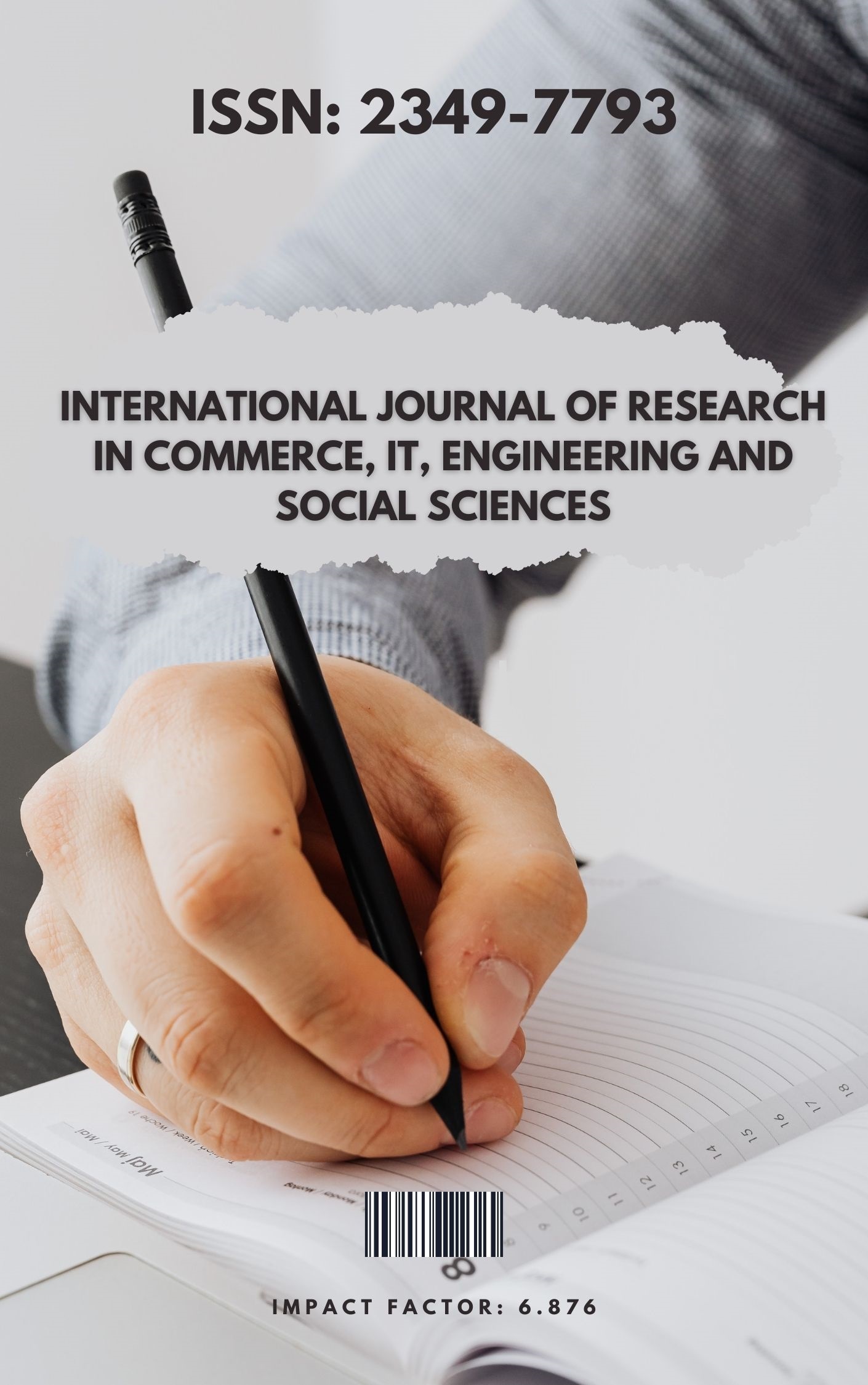A Comparative Analysis of Feminine Spaces in Achebe’s Things Fall Apart and Beckett’s Waiting For Godot
Keywords:
Achebe, Beckett, male supremacy, similarities, variationsAbstract
The paper interrogates the similarities in how females are portrayed in Achebe’s Things Fall Apart and Beckett’s Waiting for Godot. The paper aims to highlight the similarities between the two texts regarding female spaces. This study employed a qualitative research approach and used desktop research methodology. Phenomenology theoretical locale was adopted to underpin the study. The study shows that there are more similarities than variations in the spaces provided to females in the two texts. Some similarities include seclusion from male activities, inferiority complex, oppression from self-expression, hindrance or delayed marriages, and being used as sacrificial lambs. On the other hand, Achebe uses real female characters while Beckett portrays female characteristics through males. Finally, the portrayal of women as weaker vessels in both texts is an act of male supremacy which should be discouraged in today’s societies so that females are given literary spaces.
References
Achebe, C. (1958). Things Fall Apart. Heinemann Educational Publishers.
Akingbe, N. & Ogunyemi, C.B. (2017). Countering Masculinity: Chinua Achebe’s Things Fall
Apart and the Rise of Feminist Assertiveness in the Novels of Nigerian female writers. Studia Universitatis Petru Maior – Philologia, no. 22, 81–93.
Alzuabi, F. (2012). Female Solidarity against Oppression in Achebe’s ‘Things Fall Apart’ and
Naylor’s ‘The Women of Brewster Palace’ (MA Thesis). Yarmouk University.
Beckett, S. (1952). Waiting for Godot. Faber and Faber.
Beckett, S. (1982). Waiting for Godot. Grove Press.
Bloom, H. (1987). Modern Critical Interpretations: Samuel Beckett's Waiting for Godot. Chelsea
House Publishers.
Bryden, M. (1933). Women in Samuel Beckett's Prose and Drama. Macmillan Press.
Butler, C. (1993). "Homoeroticism and the Possibility of a Non-heterosexual Reading of Waiting
for Godot." Modern Drama, Vol.36, no.1, pp.42-53.
Butler, J. (1988). Performative Acts and Gender Constitution: An Essay in Phenomenology and
Feminist Theory. Theatre Journal, 40 (4): 519-531.
Chilala, C. (2019). Gendered Spaces in Chinua Achebe’s Things Fall Apart: Text, context and
pretext. In F. Banda (ed), Theoretical and Applied Aspects of African Languages and Culture. Festschrift in honour of Professor Mildred Nkolola-Wakumelo, pp, 317-339. Cape Town: Centre for Advanced Studies of African Society.
Dar, I., Nasir,S., & Thontya, M.D. (2017). Gender Stratification in Chinua Achebe’s Things
Fall Apart. New Horizons, 11(2), 17-32
Esslin, M. (1961). The Theatre of the Absurd. Methuen Publishing Limited.
Holland, J. (2006). Misogyny: The World’s Oldest Prejudice. Oxford University Press.
Knowlson, J. (1996). Damned to Fame: The life of Samuel Beckett. Bloomsbury, 1996.
Linda, B. (1990). Women in Beckett: Performance and Critical Perspectives. University of
Illinois Press.
Lubbungu, J. & Siame, P. (2023). The Beckettian Space in Waiting for Godot: A World of
Homosexuality. In Kaur, G. (ed). Recent Trends in Contemporary Literature in English. Authors Press. Pp 135-140
Fletcher, J. (1999). "Closet Dramas: Samuel Beckett and Homosexual Representation." Gay and
Lesbian Literature since World War II: History and Memory, edited by J. Rickard, Harrington Park Press, pp. 89-103.
Goffman. E. (1959). The Presentation of Self in Everyday Life. University of Edinburgh Social
Sciences Research Centre: Anchor Books.
Hassan, A.M. (2016). The Image of Women in Chinua Achebe’s Novel ‘Things Fall Apart’.
Global Journal of Arts, Humanities and Social Sciences, 1: 1-6.





